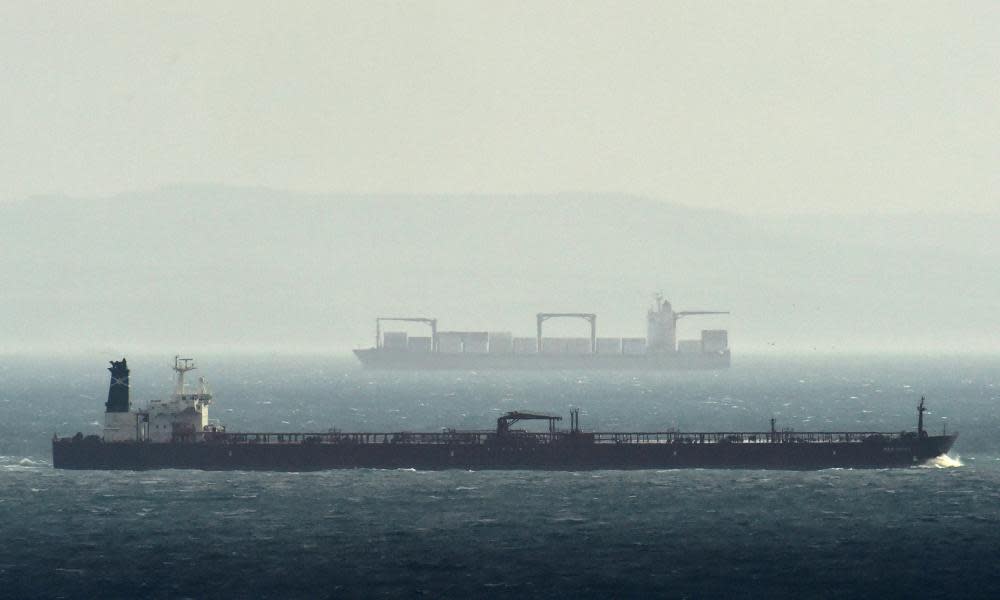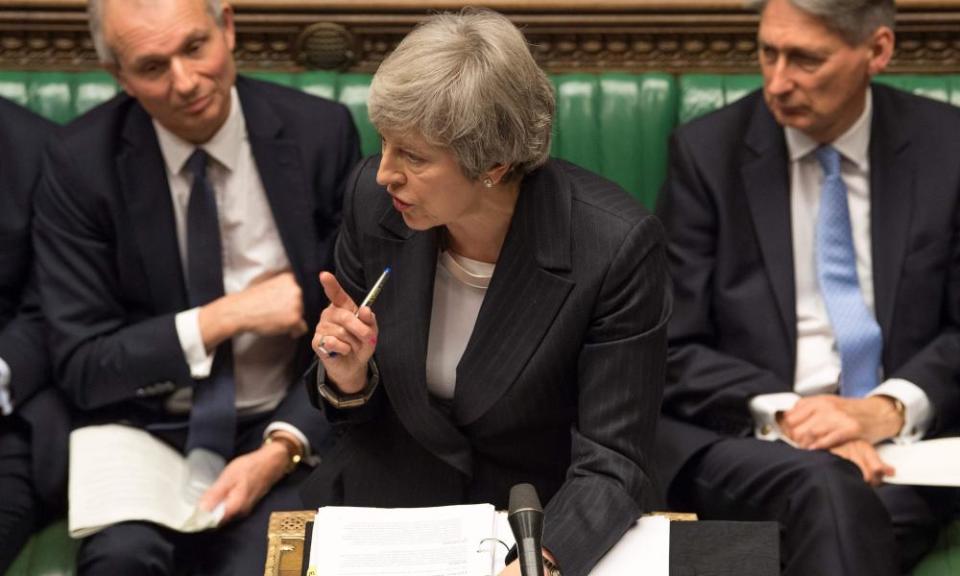Norway plus would unite Britain: leavers and remainers both hate it

Spare a thought this Christmas for the Norwegian tourist board. In the halcyon days before the EU referendum, British minds would have associated the country most with the northern lights, midnight sun and saltwater fjords. Now all anyone can think about is its membership of the single market. If we assume the government does go ahead with the vote on its Brexit deal this week – and loses it – the so-called Norway plus is being pushed as an alternative model.
Norway, Iceland, Liechtenstein and Switzerland comprise the European Free Trade Association (Efta). All of these countries except Switzerland are also members of the European Economic Area (EEA). The EEA covers the free movement of goods, services, capital and people, but excludes agriculture and fisheries. Norway plus would add the customs union, thus preserving an open Irish border. This would offer a unique status to the UK, as no other non-EU country participates in both instruments. Not for nothing do some EU officials call it “Brexit in name only”.
On the surface, the model appeals. Given its requirements for EU integration it represents the least damaging Brexit in economic terms. Unlike Theresa May’s deal, it also guarantees frictionless trade across both the Irish Sea and the English Channel. But it requires an unprecedented handover of political and democratic control. Leavers and remainers alike will hate it. And there is no guarantee we can even satisfactorily negotiate it.
Before talks even start, MPs must confront basic truths. The withdrawal agreement cannot change. That means that the backstop and divorce settlement both remain. Norway Plus is, of course, designed to override the backstop, but that will depend on successful negotiations, including on the contentious subject of agriculture. The proposal demands an unprecedented relationship with an EU third country, and problems could easily arise while agreeing it.
Subsequently EU member states, and probably their parliaments too, must unanimously give their consent. By that time, we will already have left the EU and will not, unlike now, have the ability to stay in. We will have lost our leverage and back-up plan. And so Norway Plus still represents an aspiration: in other words, a leap of faith.

But let’s say MPs decide to put on the blindfold in the hope of having it removed. The first hurdle to overcome is the opposition of both the government and Labour frontbench. It seems inconceivable that May would ever accept the free movement of people. And while Jeremy Corbyn lacks May’s hostility to immigration, he too has repeatedly dismissed the Norway proposal.
Then we need our partners to agree. Norwegian officials fear we might overwhelm the current equilibrium and block legislation they depend on. Meanwhile, EU officials express concern that off-the-shelf EEA membership could offer the UK an unfair advantage. They are keen to avoid any scenario which allows the UK to “cherry-pick” new legislation or distort the EU’s market. Brussels currently shows significant flexibility with Norway and Iceland because they are small economies which cannot destabilise it. The UK would be more powerful and, on the evidence of the last two years, more aggressive.
For this reason officials have suggested restricting the UK’s ability to reject legislation – perhaps by amending the whole EEA agreement. EEA/Efta states do not vote on EU laws and cannot veto them, but they can in theory refuse to accept them. In practice, they almost never do so. Officials emphasise that the EEA is a “consensus machine” whose purpose is not to hinder EU law but to enforce it.
The Efta states are not equal partners. The EU is obliged to consult them on new proposals, but the treaty refers to “informally seeking advice from experts” and “exchanges of views”. In reality their participation amounts to as much or as little as the EU permits. Countries have the right to talk to the EU but not to influence it. In the words of one senior Efta figure, “Norway is a good lobbyist – but it is a lobbyist.” Having helped steer EU decisions, the British government may not enjoy simply submitting its views.
EEA advocates frequently concern themselves not with future laws but current ones: particularly the free movement of people. They point to Article 112 of the EEA treaty, in particular, as supposedly permitting an emergency brake. It is more cakeism. Article 112 is designed for sudden crises, not longstanding Tory headaches. If the government did trigger the clause, the EU would almost certainly retaliate by suspending market access. If the government is not prepared to accept free movement, it should not seek to join the EEA.
Norway plus cannot even allow us to “take back control of our money”. Norway negotiates a system of annual payments with the EU. Although the country decides where that money goes, in net terms the country contributes more per head as a share of GDP than the UK does. Given the UK will have to (and may wish to) participate in more instruments than Norway does, we could find that the amount we pay stays roughly the same. In this sense we will not gain control, but a version of taxation without representation: sending money but receiving no corresponding rights.
The fact that something might be the best possible Brexit does not mean it cannot also be lousy. This proposal is fraught with difficulty and offers no tangible benefit. The polls indicate that people want to retain control of decision-making. That does not mean Norway or Norway Plus. They want to remain.
• Jonathan Lis is deputy director of the thinktank British Influence

 Yahoo News
Yahoo News 